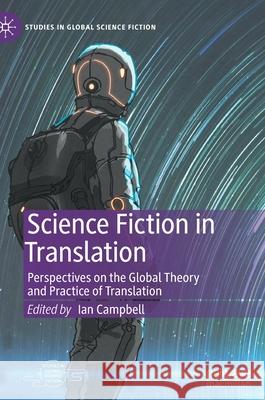Science Fiction in Translation: Perspectives on the Global Theory and Practice of Translation » książka
topmenu
Science Fiction in Translation: Perspectives on the Global Theory and Practice of Translation
ISBN-13: 9783030842079 / Angielski / Twarda / 2021 / 380 str.
Science Fiction in Translation: Perspectives on the Global Theory and Practice of Translation
ISBN-13: 9783030842079 / Angielski / Twarda / 2021 / 380 str.
cena 605,23
(netto: 576,41 VAT: 5%)
Najniższa cena z 30 dni: 539,74
(netto: 576,41 VAT: 5%)
Najniższa cena z 30 dni: 539,74
Termin realizacji zamówienia:
ok. 16-18 dni roboczych.
ok. 16-18 dni roboczych.
Darmowa dostawa!
Kategorie:
Wydawca:
Palgrave MacMillan
Seria wydawnicza:
Język:
Angielski
ISBN-13:
9783030842079
Rok wydania:
2021
Wydanie:
2021
Numer serii:
000797314
Ilość stron:
380
Waga:
0.64 kg
Wymiary:
21.01 x 14.81 x 2.54
Oprawa:
Twarda
Wolumenów:
01
Dodatkowe informacje:
Wydanie ilustrowane











